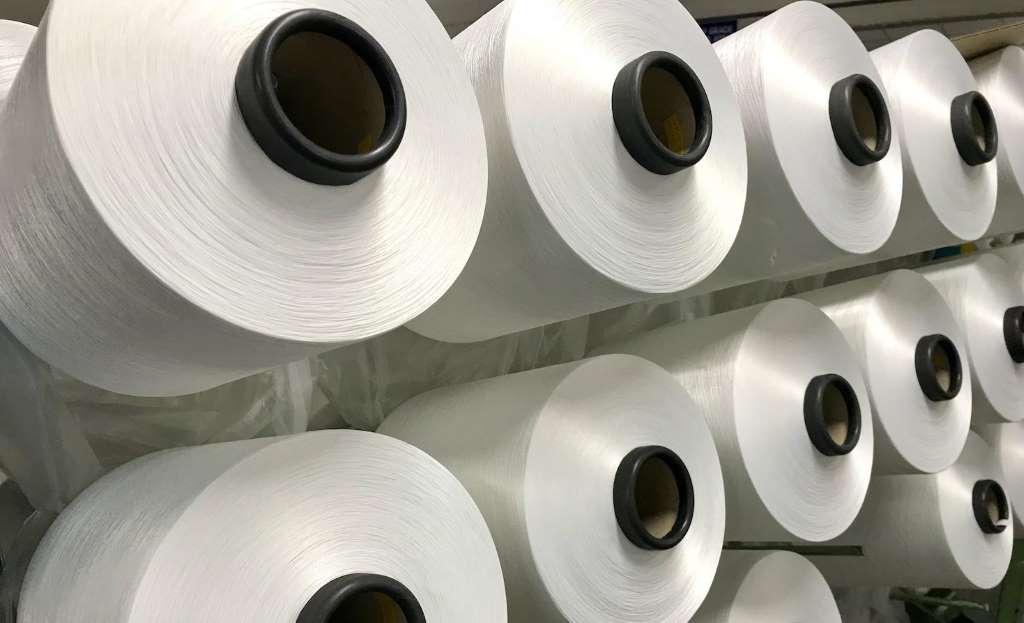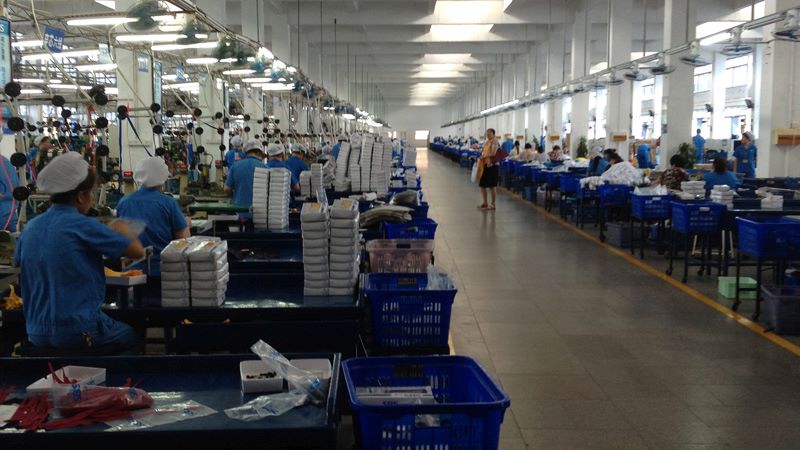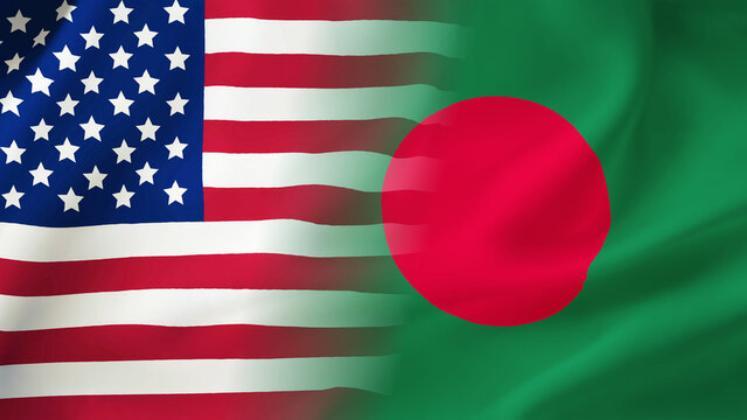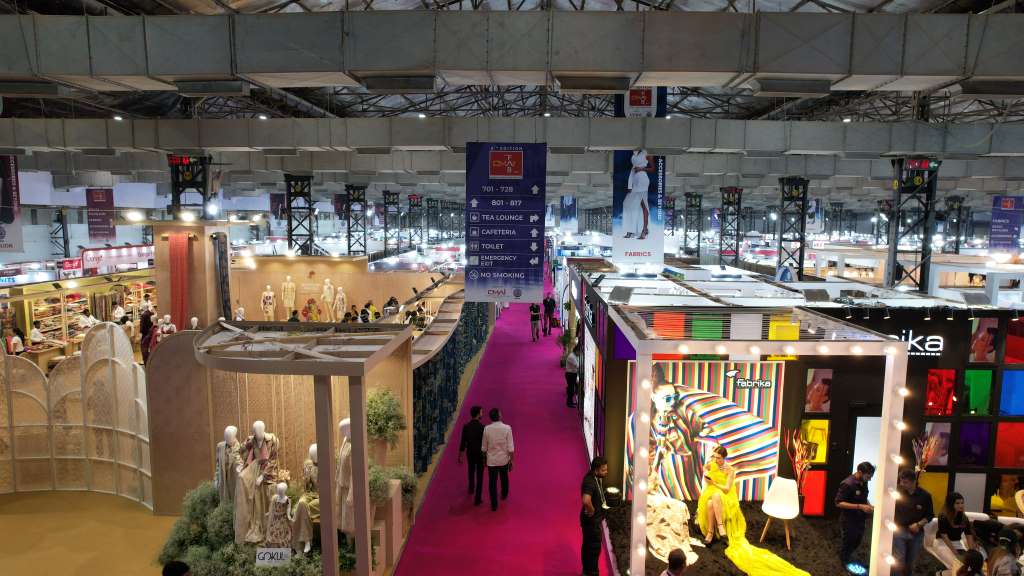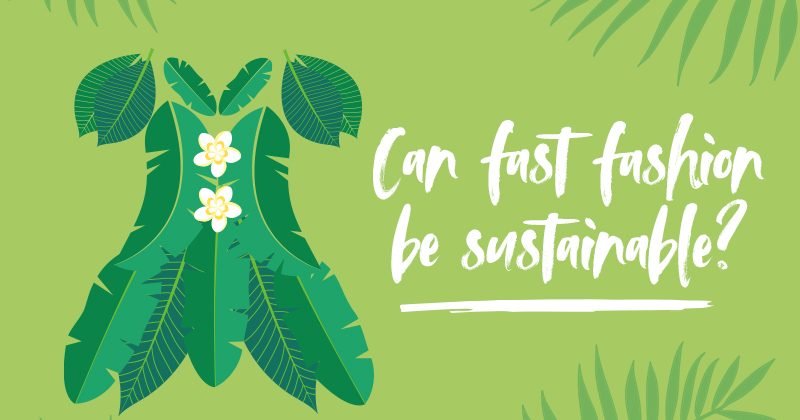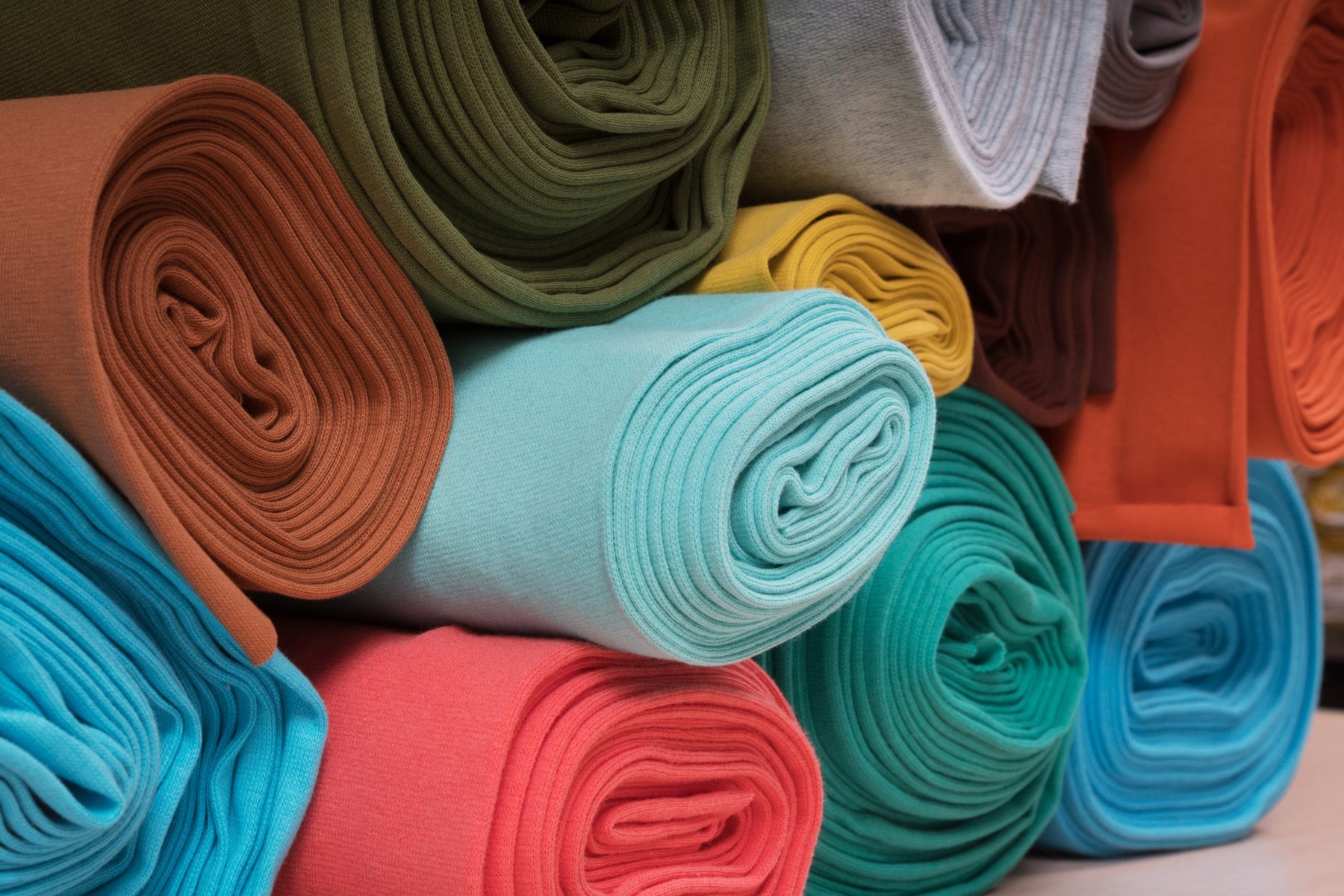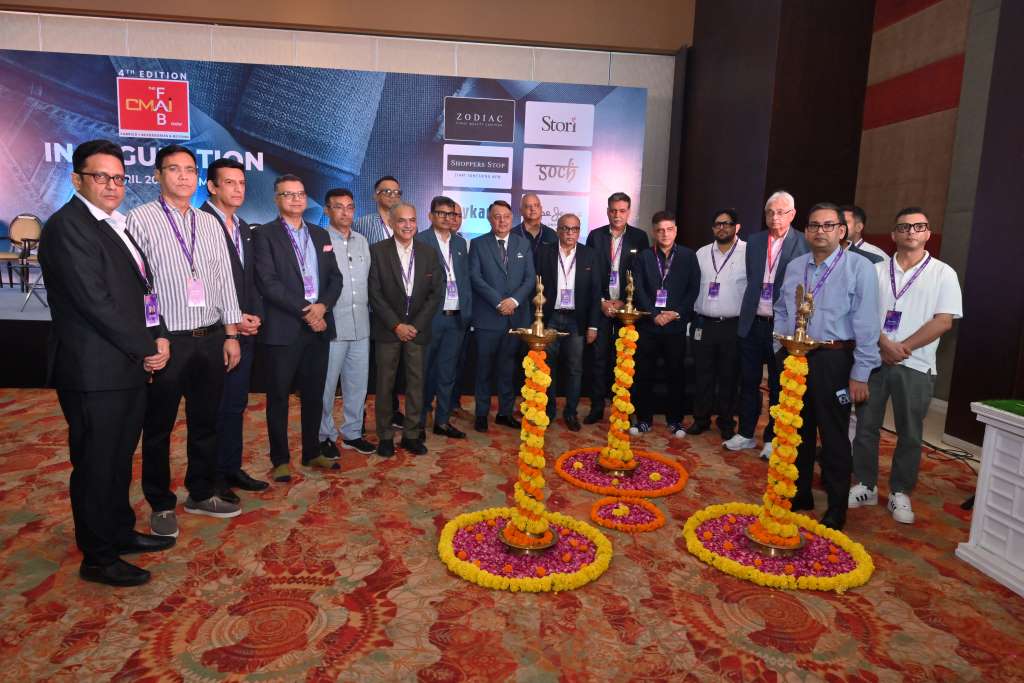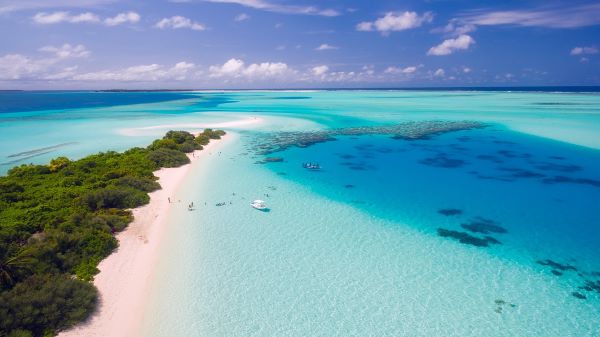
With a global slogan of a better environment for a better tomorrow, environmentalists have kick-started the fashion industry into combatting textile waste and changing the fashion segment into a sustainable and circular economy. The fashion segment is one of the world’s biggest polluters, with around 21 billion tonnes of textiles and materials being dumped in landfills every year and accounting for around 10 per cent of global carbon dioxide emissions and it’s time to sit up and take notice.
Kelp for a healthier textile ecosystem
Seaweed bioplastics have always made use of the world’s ocean seaweed-derived polysaccharides alginate, agar, and carrageenan, whose ability to gel into other materials has made them suitable for the development of coatings and films. Although seaweed fabric was discovered during the World War I, it was at a nascent stage when textile manufacturers were experimenting with many different sources of material, and seaweed fabric was made from using mainly brown algae, which is commonly known as Knotted Wrack.
This process uses seaweed to further produce a biopolymer called alginate, which is then combined with other renewable biopolymers to produce a strong and stretchable yarn, which can be knitted by hand or by machine to be used in many kinds of textile manufacturing. Some recent studies were conducted by US-based Keel Labs, which is focused on working on harnessing the natural power of aquatic ecosystems to transform the textile industry. Keel Labs came up with a new flagship material made from seaweed, a yarn called Kelsun which is made from the abundant polymers found in kelp, which has a lower environmental footprint than conventional fibers, currently available in the apparel market.
Kelsun will positively impact the garment segment
This wonder material Kelsun has a production process that does not use any harmful chemicals uses minimal water and does not create toxic by-products that intensify global warming. Kelsun’s production is a drop-in solution for an already existing yarn and textile production infrastructure, which is expected to open the key to many possibilities in the apparel segment.
As seaweed is easily and vertically farmed within the ocean, it sequesters carbon at a rapid rate and is thus a quickly renewable and regenerative organism with a far lower environmental footprint than normal apparel fibers currently available in the market. Kelp forests are easily found in the US along the Eastern Pacific Coast, from Alaska and Canada to the waters of Baja, California, and are mainly composed of rapidly growing large brown algae. Global warming and the pandemic has shown the world that sometimes in life, you need to turn back and follow your footprints to where it all began and the world was clean and unpolluted.
Keel Labs, incepted as AlgiKnit in 2017 was extremely functional in name and in vision as algae was used to make fibres. In 2022, it became officially known as Keel Labs, which currently harnesses the potential of many natural materials to transform the textile industry and the environment. Tessa Callaghan, Fashion Designer and Co-founder, CEO of Keel Labs in a signed article, “My co-founder, Aleks Gosiewski and I founded Keel Labs with a mission to harness the radical potential of our oceans to positively impact the fashion industry and the world. As a collective of scientists, designers, and innovators who are fighting against material waste, we are building a healthy relationship between nature and human ecosystems.” By using seaweed that is both renewable and carbon sequestering, Keel Labs is changing the textile ecosystem and creating a sustainable and circular future.

